In our quest to be the best parents we can be, sometimes we unintentionally engage in behaviors that are actually toxic to our children. Here are 7 common toxic parenting behaviors to avoid:
1. Refusing to acknowledge your child’s feelings
2. Making your child feel guilty
3. Withholding love or approval
4. Being excessively critical
5. Being a perfectionist
6. Being emotionally unavailable
7. Being physically or emotionally abusive
What is a toxic parent?
A toxic parent is someone who is overbearing, critical, or manipulative. They may also be overly involved in their child’s life or have unrealistic expectations. With effort and commitment, you can create a healthier, more positive relationship with your child. Toxic parents can cause their children to feel insecure, anxious, or depressed. Most parents want to do what is best for their children and raise them to be happy, successful adults. They may also have difficulty forming healthy relationships. If you think you may be a toxic parent, there are some things you can do to change your behavior. However, sometimes parents unintentionally engage in toxic behaviors that can have a negative impact on their children.
Toxic Parenting Behaviors To Watch Out For
Here are some toxic parenting behaviors to watch out for: No parent wants to be toxic, but sometimes it’s hard to avoid.
1. Withholding love. This can be in the form of physical affection, but also includes things like attention and approval.
2.Being excessively critical. This can damage a child’s self-esteem and make them feel like they can never please you.
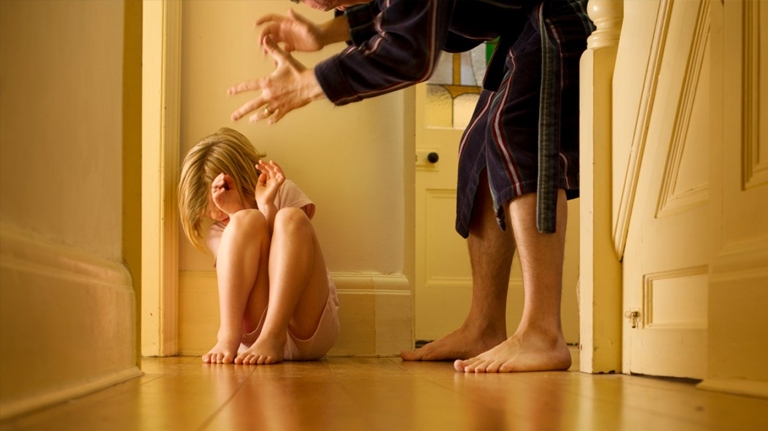
This can make siblings resent each other and feel like they’re in competition for your love and approval. 3. Showing favoritism.
4. Smothering. This can make children feel suffocated and like they have no space to grow or be themselves.
This can lead to feelings of abandonment and insecurity. 5. Neglecting.
This can include things like name-calling, put-downs, and threats. 6. Being emotionally abusive.
7. Being physically abusive. This is never acceptable under any circumstances.
If you find yourself exhibiting any of these behaviors, it’s important to try to change them. Your children deserve to feel loved, respected, and safe.
Don’t Compare Them To Their Siblings Or Friends.
This can make them feel like they are not good enough and that they will never measure up. One of the most toxic parenting behaviors is comparing your children to their siblings or friends. If you find yourself doing this, try to catch yourself and focus on the positive qualities of each child. It can also lead to resentment and jealousy between siblings.
Don’t Burden Them With Your Problems.
But doing so can be incredibly harmful. Not only does it put an unnecessary burden on them, but it can also damage your relationship with them. It’s easy to want to offload our problems onto our children, especially when we’re feeling overwhelmed.
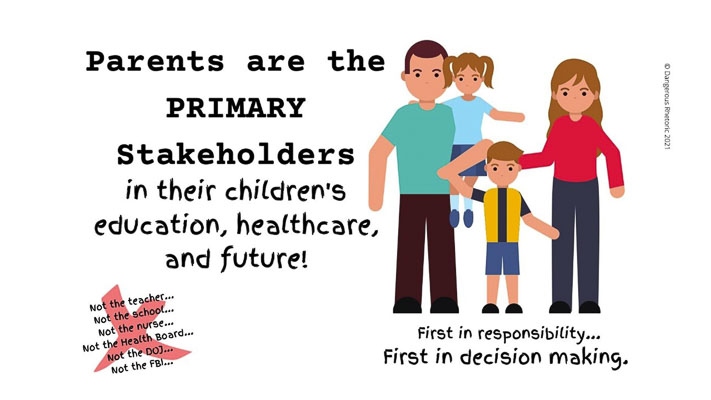
When you’re constantly dumping your problems on your kids, it sends the message that they’re responsible for your happiness. This can lead to them feeling guilty or like they’re not good enough. It can also make them feel like they have to take care of you, which is not a healthy dynamic.
If you find yourself constantly needing to vent to your kids, it’s time to seek out professional help. It’s important to remember that your children are not your therapists. They should be able to rely on you for support, not the other way around.
Try To Manage Your Frustrations.
All parents get frustrated at times, but it’s important to try to keep it in check. One of the most important things you can do as a parent is to try to manage your frustrations. When parents are too frustrated, it can lead to them taking it out on their children in the form of yelling, hitting, or other forms of physical or emotional abuse.
Remember that your children are watching you and they will learn from your example. It’s also important to try to stay positive and not let your frustrations get the best of you. If you need to, walk away from the situation for a few minutes to calm down. If you find yourself getting too frustrated, try to take a step back and take a few deep breaths.
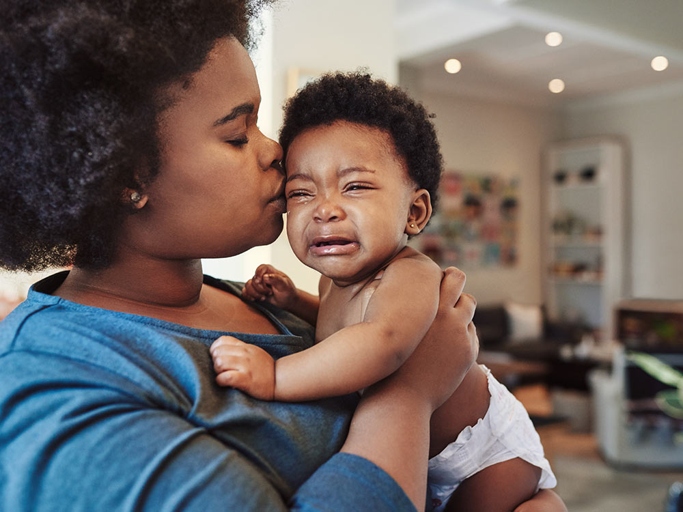
If you find that you are struggling to manage your frustrations, it may be a good idea to seek out help from a therapist or counselor. They can help you learn how to better deal with your frustrations in a healthy way.
Don’t Invalidate Their Feelings.
There are a lot of things that can trigger negative emotions in children, and as a parent, it’s important to be aware of what those things are. One of the most common triggers is feeling invalidated by their parents.
It’s a way of putting yourself above someone else and making them feel small. Invalidation is when someone tries to make another person feel like their thoughts, emotions, or experiences are wrong, not important, or not worth paying attention to.
They may start to believe that they’re not worth paying attention to, which can lead to a whole host of problems down the road. Invalidation can be incredibly harmful, especially to children who are still trying to figure out who they are and what they believe in. When children feel invalidated, they can start to doubt themselves and their own experiences.
There are a few things that you can do to avoid invalidating your child’s feelings:
Pay attention to their body language and tone of voice as well as the words they’re using. -Listen to them: This may seem obvious, but it’s important to actually listen to what your child is saying instead of just hearing them.
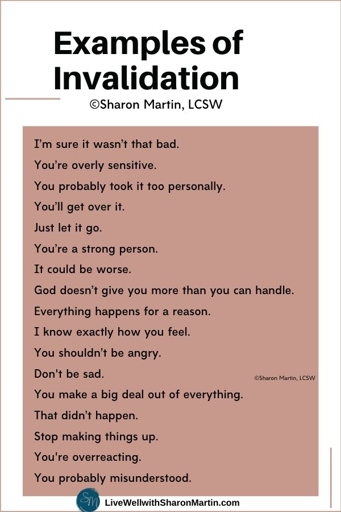
This doesn’t mean that you have to agree with them, but it does mean that you respect their feelings. -Acknowledge their feelings: Let them know that you understand how they’re feeling.
-Validate their experiences: This is different from acknowledging their feelings. When you validate someone, you’re saying that their thoughts and experiences are valid and worth paying attention to.
-Give them space to express themselves: Don’t try to fix their problems or tell them what to do. Just let them know that you’re there for them and that you support them.
Discipline To Teach Not Punish.
Discipline is about teaching your child what’s expected of them and helping them to develop self-control. Punishment is about making your child suffer for their misbehavior. There’s a big difference between discipline and punishment.
They may do this because they were raised by punitive parents themselves, or because they think it’s the only way to get their child to behave. Unfortunately, many parents inadvertently use punishment as a form of discipline.
It doesn’t teach children what they should do instead of misbehaving. In fact, punishment can actually make children more aggressive and defiant. However, punishment is not an effective form of discipline. It also doesn’t help them to develop self-control.
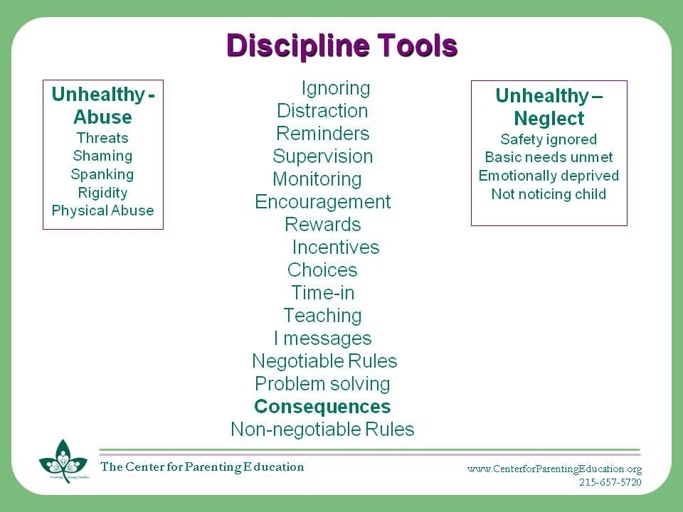
If you want to be an effective disciplinarian, focus on teaching, not punishment. And when they do make a mistake, provide them with guidance and support, not punishment. Encourage them to practice self-control. Help your child to understand what’s expected of them and why it’s important.
Stop Labeling Them.
But what does that really mean? There’s a lot of talk these days about “toxic” parenting behaviors.
In general, toxic parenting refers to any parenting style that is excessively controlling, emotionally abusive, or otherwise harmful to a child’s well-being.
There are many different toxic parenting behaviors, but some of the most common include:
1. Labeling or name-calling.
2. Withholding love or affection.
3. Excessive criticism.
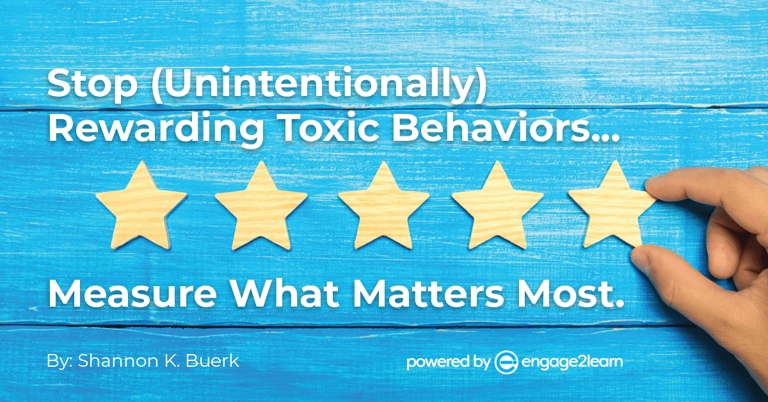
4. Physical abuse.
5. Sexual abuse.
6. Emotional blackmail.
7. Gaslighting.
If you suspect your child is being subjected to any of these behaviors, it’s important to get help. These are just a few of the many toxic parenting behaviors that can have a lasting impact on a child’s life.
There are many resources available to help children who are being raised in toxic environments. If you’re not sure where to turn, start by talking to your child’s doctor or a counselor.
Stifling Independence.
Otherwise, you risk damaging your relationship with them and causing them lasting emotional harm. It’s important to allow your child to have some independence and to make their own choices, even if you don’t agree with them. This is when a parent tries to control every aspect of their child’s life, from what they wear and eat, to who they spend time with and what they do. One of the most toxic parenting behaviors is stifling independence. This can be extremely damaging to a child’s sense of self and can lead to them feeling suffocated and trapped.
Key Takeaways
There are many ways that parents can unintentionally damage their children. The following are seven of the most common toxic parenting behaviors:
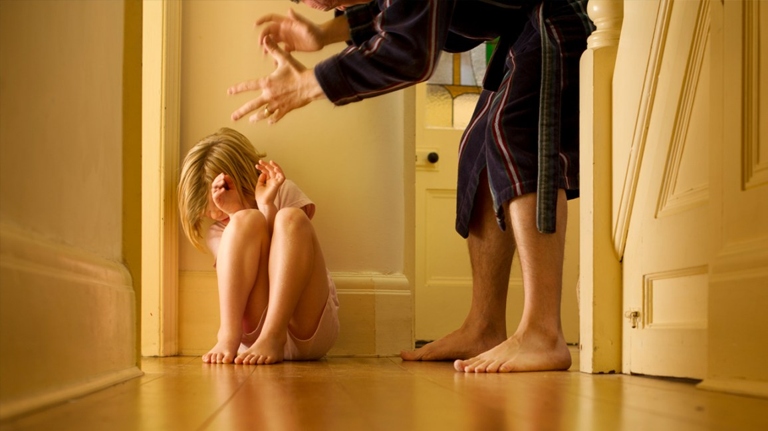
1. Invalidating their feelings – This can make children feel like their emotions are not valid or that they are not allowed to express them.
2. Making them feel guilty – This can make children feel like they are responsible for everything that goes wrong or that they are not good enough.
3. Withholding love – This can make children feel like they are not worthy of love and can lead to them feeling unloved and unlovable.
4. Being overly critical – This can make children feel like they can never do anything right and can lead to them feeling inferior and worthless.
5. Being emotionally unavailable – This can make children feel like they are not important enough to be a priority in their parent’s life and can lead to them feeling neglected and unimportant.
6. Being physically absent – This can make children feel like they are not worth their parent’s time and can lead to them feeling abandoned and alone.
7. Having unrealistic expectations – This can make children feel like they can never meet their parent’s standards and can lead to them feeling like a failure.
Frequently Asked Questions
1. What are some of the most common toxic parenting behaviors?
2. What are the consequences of toxic parenting?
3. How can I tell if I am a toxic parent?
4. How can I change my toxic parenting behaviors?
5. What are some other resources I can turn to for help?
1. Some of the most common toxic parenting behaviors include: verbal abuse, physical abuse, emotional abuse, neglect, and rejection.
2. The consequences of toxic parenting can be severe. Children who are raised in a toxic environment are more likely to suffer from mental health problems, have difficulty forming attachments, and struggle in school.
3. If you are a toxic parent, you may find that your children have difficulty trusting you, are always on edge, and seem to be afraid of you. You may also notice that your children have difficulty forming attachments with other people.
4. If you want to change your toxic parenting behaviors, it is important to seek help from a professional. This is not something you can do on your own. There are many resources available to help you, including books, articles, and support groups.
5. Some other resources you can turn to for help include: books on parenting, articles on parenting, and support groups for parents.
Final thoughts
There are many toxic parenting behaviors that can unintentionally damage a child. These include: neglect, verbal abuse, physical abuse, emotional abuse, and sexual abuse. These behaviors can lead to a variety of problems in a child’s life, including: low self-esteem, anxiety, depression, and behavioral problems. It is important for parents to be aware of these behaviors and to seek help if they are struggling to parent in a healthy way.